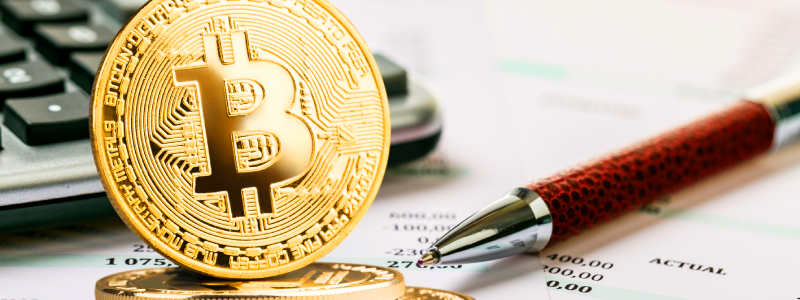The ATO is investigating the records of crypto traders to ensure they are correctly reporting their gains. This guide provides a basic breakdown of ATO crypto gains reporting the proper way.
Cryptocurrencies provide users with a powerful method of storing and exchanging value outside of the traditional financial ecosystem — but that doesn’t mean crypto exists outside of the tax system.
The ATO has recently announced that it is actively investigating over 500,000 cryptocurrency records, and other information from as far back as 2014. This data is being collected as part of the ATO’s compliance program, which is focused on ensuring cryptocurrency traders are tax compliant & reporting
their activity properly.
What Crypto Records could the ATO look into?
- In addition to collecting the name and personal information of cryptocurrency traders (thanks to the KYC protocols), the ATO can also collect several key data points on Australian exchanges:
- Cryptocurrency trade dates with token names, amount, and AUD value
- Wallet addresses associated with trades
Blockchain networks such as Bitcoin and Ethereum are transparent, and are thus are susceptible to techniques such as chain analysis to link disparate wallet addresses in order to link cryptocurrency movements to individuals.
Data matching & sharing
Financial data is shared on federal and global scale to ensure compliance with local laws.
Locally, governments can share information between state and federal level which may work to flag unusual reported activity. An example might arise where a crypto trader uses $1M AUD to buy a luxury European sportscar. The resulting paperwork & stamp duty gets matched to their tax returns 2 years later where seemingly little taxable income is reported. The ATO then conduct a review & ‘please explain’ investigation into the mismatch of reported income to actual expenditure based on cryptocurrency records.
Internationally, the Australian government regularly shares information with other nations from the OECD around suspected financial fraud or evasion.
Reporting entities (per ASIC) must submit a report to AUSTRAC within 10 business days after the entity provides a customer with a designated service involving a ‘threshold transaction’. Threshold transactions involve the transfer of physical currency of AUD$10,000 or more (or foreign currency equivalent).
Individuals that buy and sell cryptocurrency can reasonably expect that they will be contacted by the ATO owing to the reported level of interest. Individuals that fail to comply with Australian crypto tax law risk significant penalties.
What happens if you incorrectly report Crypto Gains?
Crypto traders that use fiat currency to purchase or sell cryptocurrency are likely to be identified by the ATO through their data investigations. Subsequent to identification, the ATO will likely perform in-depth chain analysis in order to determine whether an individual has generated taxable gains.
The ATO may send suspected misreporting crypto traders a letter requesting that they update their tax return accordingly. If the ATO determines that an individual has incorrectly recorded cryptocurrency gains and failed to update their tax return, the individual will likely be subject to a default assessment.
When the ATO issues a default assessment, the individual is required to prove that the ATO assessment is either correct or incorrect — in the case that the ATO over-estimates crypto gains, traders may be liable for more tax than they would have been if they had correctly reported their gains. The ATO may also apply
penalties and interest charges in addition to unpaid taxes.
What cryptocurrency records do I have to maintain?
In order to ensure that you are reporting your crypto gains correctly, it’s essential to ensure that you are keeping track of and reporting all crypto trades, losses and gains.
Relying purely on the exchanges is not sufficient, as trading operations need to keep their own accounting records for their business. A combination of cointracking.info (which obtains the records from the exchanges) & Xero may suit this purpose.
Crypto traders often perform thousands of trades every year and trade tracking applications like cointracking.info can assist with keeping comprehensive records.
If outlaying funds on associated expenditure such as mining rigs, computer gear, electricity bills and training then the invoices should be kept for these as well as record of the purchase.
Ensuring you are reporting crypto gains correctly extremely important. Our cryptocurrency accountants provide detailed guidance on tax compliance to help crypto traders legally maintain tax efficient operations as much as possible. To learn more about managing obligations for your crypto tax returns, reach out to Fullstack today.
Was this article helpful?
Related Posts
- How is Crypto Taxed in Australia?
Whether you are a crypto trader or investor, you most likely have the task of…
- CoinTracking – Getting Started
CoinTracking.info is a powerful portfolio manager tool. In this article, we’ll break down the basic…
- Triple Bottom Line Reporting
There is a global trend towards greater corporate responsibility and accountability. Triple Bottom Line reporting…
- Reporting to a Board of Directors
A properly structured and functioning Board of Directors contributes significantly to the success of a…

















